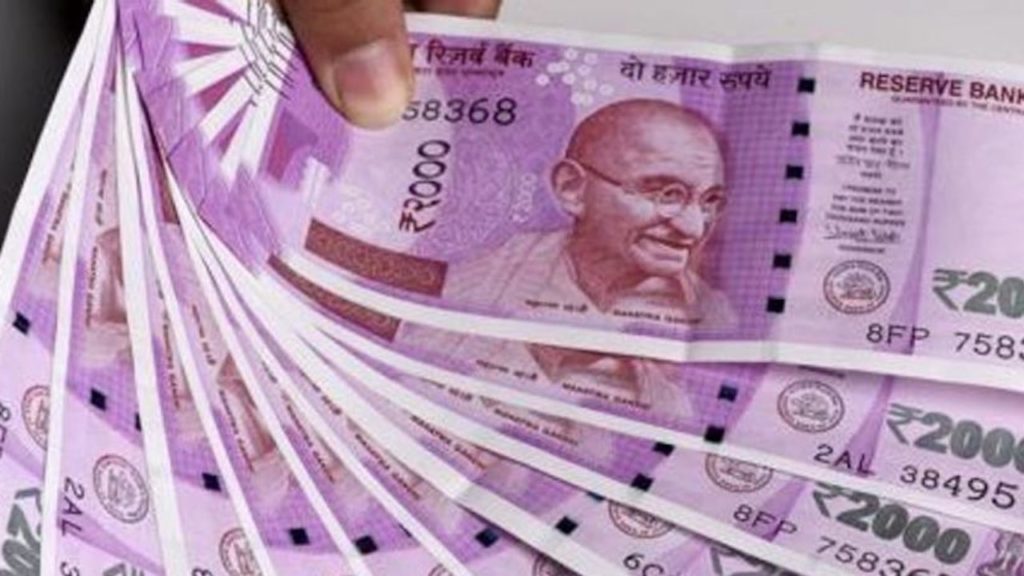Don’t Delay Credit Card, Loan EMI Even If RBI Has Allowed 3-Months Extention: Here Is The Reason Why?

The lockdown announced by PM Modi for a period of 21 days to curb the spread of Covid-19 pandemic has brought the Indian businesses and market to a standstill!
Taking the shutdown into consideration, the Reserve Bank of India (RBI) on March 27, in a press conference announced a moratorium of up to 3 months for loans outstanding as on March 1, 2020.
This means RBI’s statement “You don’t have to pay EMIs for three months” does have a very classic twist, which you must have surely misinterpreted in the first glance. So okay lest dig deep into it so that you don’t get misled by it.
Contents
But RBI Says ‘No EMI Payment Reqd for 3 Months’?
No. They didn’t say that at all. Instead, get ready to pay higher interest on your outstanding loan if you decide not to pay EMIs on your home or auto loan for the next three months.
How Come?
According to RBI, the official line is, “In respect of all term loans (including agricultural term loans, retail and crop loans), all commercial banks (including regional rural banks, small finance banks and local area banks), co-operative banks, all-India Financial Institutions, and NBFCs (including housing finance companies) (“lending institutions”) are permitted to grant a moratorium of three months on payment of all instalments1 falling due between March 1, 2020 and May 31, 2020. The repayment schedule for such loans as also the residual tenor, will be shifted across the board by three months after the moratorium period. Interest shall continue to accrue on the outstanding portion of the term loans during the moratorium period.”
Let’s break this down.
This means that the banks have the right to but not obligation to allow a moratorium of three months.
This applies to term loans, home loans, personal loans, car loans, educational loans etc. – anything that has a fixed term. This means the interest will continue to cumulate in these 3 months, meaning you’ll have to pay interest on the outstanding loan.
It does not include overdraft accounts, unless that is given as a working capital loan, where they can defer collection of interest for three months.
Let’s Understand More
If you’re deferring payment of an EMI of, say Rs 1,000, and the bank is charging interest at the rate of 10% on outstanding sum, you’ll have to pay Rs 25 extra on each of the three EMIs that has not been paid during the moratorium.
This additional interest may either be added up to all your future EMIs or your loan tenure could get extended at the same EMI level.
If You Think its a Relief Measure, its Not!
Okay, to be clear, it is a cash flow relief and not an interest waiver. Interest waivers have to be given by the government, not the RBI. And the government doesn’t seem to have the money.
The relief is that in case you take the moratorium you will not get reported to CIBIL as a defaulter. In other circumstances, if you had trouble paying and asked for the same extension, you would be a “restructured loan” or worse, a “non performing asset” – and that will hurt both the bank and you.
If you think you can avoid paying this month’s credit card bill, think again. Credit cards charge a horrendous 36%+ interest per year. A skipped credit card bill means such interest will accrue, even in the presence of a moratorium.
Who is This Move Mainly for?
The 3-month EMI moratorium is a welcome move for those customers whose short-term cash flows are adversely affected by the coronavirus pandemic.
This basically means that the customers may be allowed to defer their immediate EMI payments, but come June, they will have to resume the payments. It is not a waiver, but only a shift in payment schedules.
Customers who have the ability to pay (such as salaried professionals whose incomes are still intact) should compare their original cash flows with the revised repayment schedules and accrued interest payments, and then take a call on what makes the most sense for them.
This will bring relief to all borrowers, including those who have home loans, auto loans, education loans, agricultural term loans, retail and crop loans to their names. It will also be applicable on credit card dues.
What if your Bank isn’t giving you a Moratorium?
SBI has already said they’ll offer it by default to their customers. On personal loans, you can request them to delay but in the shorter term loans, you basically pay so much more on this extra interest that it’s not worth it.
Either way, you can’t force the bank to do this. The RBI has left it to the bank to decide.
However, they have said the criteria to give such a moratorium needs to be objective (not subjective) so if you meet the rules, you will be given the extension.
The repayment schedule for such loans as also the residual tenor, will be shifted across the board by three months after the moratorium period. Interest shall continue to accrue on the outstanding portion of the term loans during the moratorium period.

Comments are closed, but trackbacks and pingbacks are open.